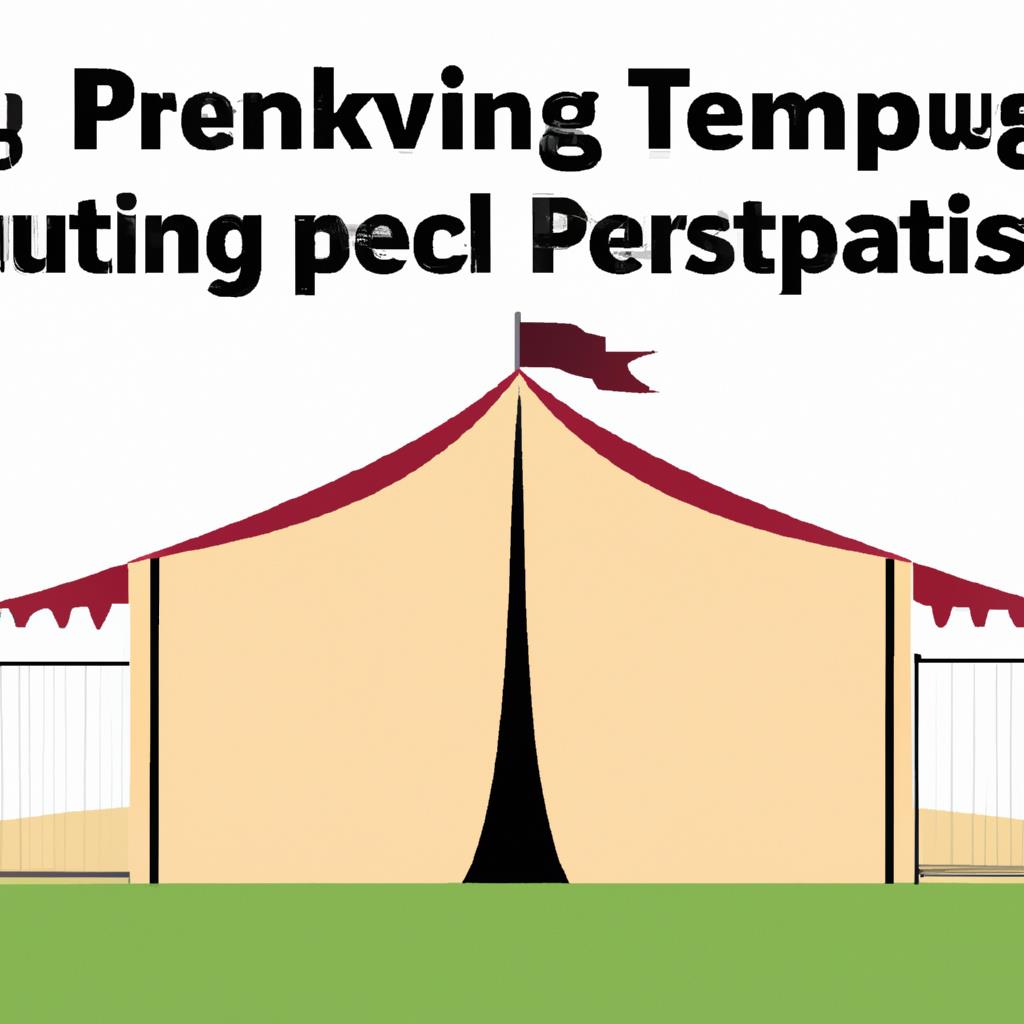When it comes to camping and tenting on public campgrounds, it's important to understand the regulations that are in place to ensure a safe and enjoyable experience for all visitors. Whether you're an experienced camper or new to the world of outdoor recreation, knowing the rules and guidelines can help you make the most of your time in the great outdoors.
One of the first things to consider when tenting on public campgrounds is the designated camping areas. Most campsites have specific areas where tents can be set up, and it's important to follow these guidelines to avoid damaging vegetation or wildlife habitats. Look for signs or markers that indicate where camping is allowed, and be sure to pitch your tent in a designated spot to minimize your impact on the environment.
Another important regulation to be aware of is the maximum number of people allowed per campsite. Public campgrounds often have restrictions on the number of people that can occupy a single site, so be sure to check the rules before inviting additional friends or family members to join you. Overcrowding can lead to safety hazards and increased wear and tear on the campground, so it's important to respect these limits.
In addition to occupancy limits, many public campgrounds also have rules regarding quiet hours and noise levels. These regulations are in place to ensure that all visitors can enjoy a peaceful and relaxing experience in nature. Be mindful of your volume and avoid playing loud music or engaging in noisy activities during quiet hours, typically in the evening and early morning.
When it comes to campfires, it's essential to follow the regulations set forth by the campground authorities. Many public campsites have designated fire pits or grills where fires can be safely contained, while others may have restrictions on open flames due to dry conditions or fire hazards. Be sure to check the rules before starting a campfire and always practice proper fire safety techniques to prevent accidents.
Trash disposal is another important regulation to keep in mind when tenting on public campgrounds. Many campsites have designated trash bins or recycling stations where visitors can dispose of their waste properly. Be sure to pack out any trash that you generate during your stay and leave your campsite clean and free of litter for the next visitors.
Some public campgrounds may also have restrictions on pets or wildlife interactions to protect the natural ecosystem. Be sure to check the rules regarding animals before bringing your furry companion along on your camping trip, and always keep your pet on a leash and under control to prevent conflicts with other visitors or wildlife.
Finally, it's essential to respect the natural environment and wildlife when tenting on public campgrounds. Avoid disturbing plants or animals, and be sure to follow Leave No Trace principles to minimize your impact on the ecosystem. Stay on designated trails, avoid picking flowers or disturbing wildlife habitats, and always practice responsible outdoor ethics during your stay.
By understanding and following the regulations set forth by public campgrounds, you can ensure a safe and enjoyable experience for yourself and others. Whether you're a seasoned camper or new to the world of outdoor recreation, knowing the rules and guidelines can help you make the most of your time in nature and protect the environment for future generations to enjoy.


leave a comment